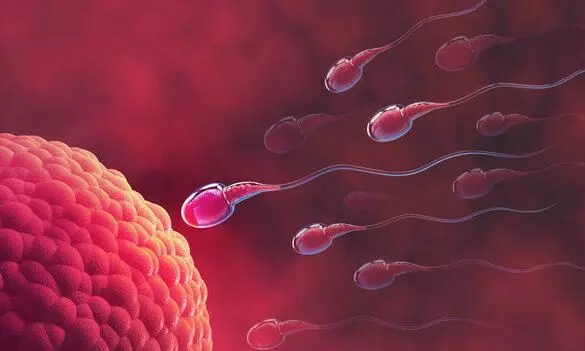
Protein that binds sperm to egg discovered
text_fieldsScientists have discovered a fundamental step in the fertilization of human egg and which, they believe, might give new insights into unexplained infertility as well as the failure of fertilization during IVF for unknown reasons, The Guardian reported.
Experts found the protein located on the surface of human eggs, which has involvement in the effusion of human eggs. They nicknamed the proteins Maia, after the Greek goddess of motherhood.
The lead investigator in the study Prof. Harry Moore of the University of Sheffield said that tests could be developed to check whether an individual's sperm is able to bind with Maia or an individual's egg does not have the protein on its surface in cases of infertility. He is positive that such tests are possible but not sure whether they will become common.
The study, authored by scientists from the UK, the Czech Republic and Japan and published in the journal Science Advances, said they began the study by attaching 13m different protein segments or peptides to the surface of synthetic microbeads, which were around the size of a human egg.
The team then incubated the human sperm with the beads and found that less than one in 1,000 bound to the sperm. Moores said that the sperm caused the beads to spin round and round as it was binding it, which was visible.
The team identified the peptide that was attached to the surface of the beads, which were bound by the sperm, leading to the full protein it was related to. Further, the team was able to identify the gene which generates Maia protein in the body. Also, more experiments found that the Maia protein is present on the surface of human eggs and if Maia is blocked, say by antibodies, the sperm could not fuse with the eggs.
In further experiments, the team introduced the gene for Maia to non-egg human cells, and the cells produced the protein on its surface. In addition to that, when the cells were exposed to sperm in a dish, the sperm bound and fused to the non-egg cells, the same as natural fertilization. This experiment thus underlined the importance of Maia.
The study also confirmed earlier finding that sperm initially bind to another protein on the surface of the egg called Juno. It detaches from Juno and binds to Maia, after which the Maia collapses into the egg membrane with sperm into the cell.
An expert, Prof Gavin Wright of University, who was not involved in the work, welcomed the study, stating that Maia had been thought to be part of the human immune system. He opined that though the study would not serve as an immediate solution for infertility, it would help better understand the biological process.























